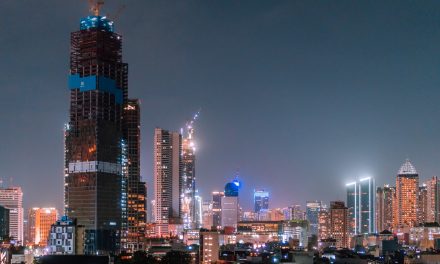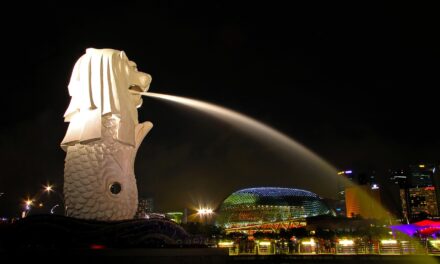The ASEAN manufacturing sector’s growth slowed in May, figures from S&P Global showed Monday, although the sector was still in expansion mode.
The headline S&P Global ASEAN manufacturing purchasing managers’ index decreased in May to 51.1, down from 52.7 in April. It was still above the 50.0 neutral mark, however, meaning the sector was still expanding.
The slowdown in the sector was due output, new orders and pre-production stocks all growing at softer rates than seen in April, S&P Global noted.
“The latest PMI data for ASEAN indicated a modest improvement in operating conditions midway through the second quarter. Moreover, the data signalled a further cooling of inflationary pressures and supply chains improved for the third consecutive month,” said S&P Global Market Intelligence Economist Maryam Baluch.
“However, there was a slowdown in overall growth momentum. Manufacturers reported softer rates of expansion for both new orders and output. Additionally, firms cut back on their staffing levels for the third month running. Confidence also dipped across the region to a 34-month low.”
ASEAN stands for Association of Southeast Asian Nations and is a political and economic union of 10 member states in Southeast Asia. Members include Indonesia, Malaysia, the Philippines, Singapore, Thailand and Vietnam.
Turning to specific nations, Thailand turned out on top again with a manufacturing PMI of 58.2. This was slower than April’s record high of 60.4 though.
Thailand has now been the best-performing nation in four of the last five survey periods.
Similarly, manufacturing firms in Myanmar registered slower growth, S&P Global said, as the headline figure of 53.0 slipped to a three-month low. This was from a survey-high of 57.4 in April.
The Philippines’ headline figure increased to 52.2 in May from 51.4 a month before, making it the only ASEAN nation to see an improvement over the month.
Singapore’s manufacturing sector growth slowed to 51.2 from 51.9; while Indonesia flirted with contraction territory at 50.3. This slowed from 52.7 in April.
Malaysia and Vietnam were the only two countries reporting a deterioration in business conditions, S&P Global said.
Malaysia’s headline figure came in at 47.8, falling deeper into contraction territory compared to April’s 48.8.
Vietnam’s manufacturing PMI was 45.3 in May, worsening from 46.7 a month prior.
Foreign demand for ASEAN manufactured goods continued to contract, with export sales declining at an accelerated pace, S&P Global said.
This comes as advanced economies across the globe come to the end of their interest rate tightening cycles. This will have hurt their economies and consequently their appetite for imported goods.
In the face of underlying demand being dampened, Baluch said: “However, improvements in supply chains and a further
easing of cost pressures could help to support the sector’s recovery in the months ahead.”
The S&P Global ASEAN manufacturing PMI is compiled by S&P Global from responses to monthly questionnaires sent to purchasing managers in panels of manufacturers in Indonesia, Malaysia, Myanmar, the Philippines, Singapore, Thailand and Vietnam, totaling around 2,100 manufacturers. These countries account for 98% of ASEAN manufacturing value added, according to World Bank world development indicator.







